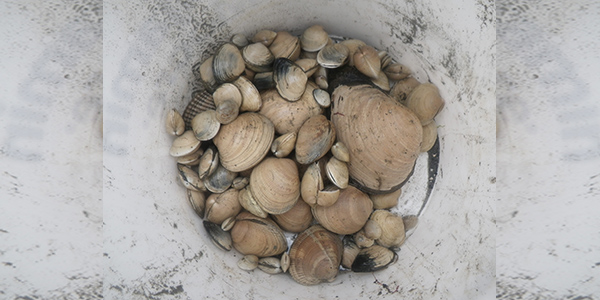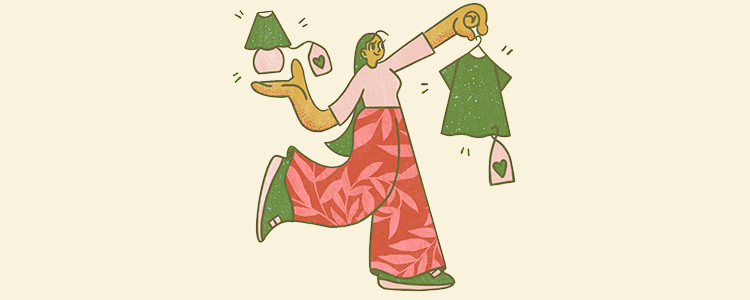||| FROM RUSSEL BARSH for KWAIHT |||
This year’s clam survey by Kwiaht scientists and local volunteers will take place between 11:00 am and 1:00 pm on Tuesday April 29, and noon and 2:00 pm on Wednesday April 30, on Eastsound’s beach below the county park.
Kwiaht encourages islanders to lend a hand; there will be extra shovels and rakes on the beach, and in addition to learning how to identify local clams, you may encounter stunning red and orange snake-sized Nereid worms, lobster-like Bay Ghost Shrimp, and other animals that live hidden beneath the gravel, sand and mud of East Sound beaches. Clams are all returned to the beach once they have been identified, counted and measured.
More than a dozen native bivalve species have been found in Fishing Bay, although many of them, such as Kennerly’s Clam (named for the first naturalist to study Orcas Island wildlife 170 years ago), are only seen occasionally. By far the most important, and historically most abundant species are “Steamers” (or “Littleneck” clams), “Butter Clams,” and the huge “Horse Clams” that spit jets of seawater at incautious visitors. These three tasty, meaty clam species were an indispensable winter resource for the Coast Salish village that preceded the town of Eastsound at the head of Fishing Bay.
Since 2011, when Kwiaht’s local volunteers conducted the first Indian Island bivalve census, the number of Steamers has decreased by almost 90 percent. During the same period, some parts of the beach saw an increase in soft-shelled Macoma clams, which thrive in muddy habitats, and other parts of the beach lost their clam populations altogether. Shifting sediment from the bay and the town storm sewer system are the prime suspects for these changes. Loss of Steamers has been reported from other parts of the Salish Sea, also probably caused by shoreline development and stormier winters associated with climate change.
Islanders are also welcome to join Kwiaht researchers and volunteers for this year’s first beach seine to count fish in the eelgrass meadow at Indian Island, beginning 1:00 pm on Thursday May 1 st .
Kwiaht will be raising funds for its Indian Island stewardship and interpretive program at this year’s GiveOrcas campaign, May 6 to 16. You can learn more by joining Kwiaht’s Indian Island team on the beach and lending a hand!
**If you are reading theOrcasonian for free, thank your fellow islanders. If you would like to support theOrcasonian CLICK HERE to set your modestly-priced, voluntary subscription. Otherwise, no worries; we’re happy to share with you.**







